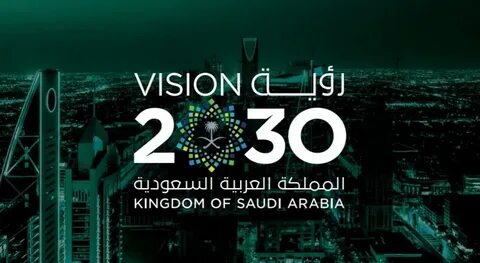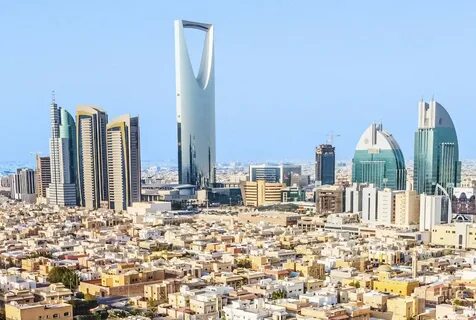The Impact of the FIFA World Cup on Global Economies and Businesses
The FIFA World Cup, the most prestigious and widely watched sporting event in the world, has a significant impact on global economies and businesses. The tournament, which is held every four years, attracts millions of viewers and generates billions of dollars in revenue. In this article, we will explore the economic and business implications of the FIFA World Cup, highlighting its impact on host countries, sponsors, broadcasters, and the global economy.
Host Countries
The FIFA World Cup is a massive event that requires significant investment in infrastructure, security, and logistics. Host countries, therefore, stand to gain a significant economic boost from hosting the tournament. According to a report by PwC, the 2018 FIFA World Cup in Russia generated an estimated $14 billion in economic activity, with $6 billion coming from direct spending by FIFA, teams, and fans. The report also estimated that the tournament created 320,000 jobs and generated $1.5 billion in tax revenue for the Russian government.
The economic benefits of hosting the FIFA World Cup are not limited to the tournament period. The infrastructure investments made by host countries can have long-term economic benefits, such as improved transportation networks, new hotels, and upgraded stadiums. For example, the 2014 FIFA World Cup in Brazil led to the construction of several new airports, highways, and subway lines, which have improved transportation infrastructure in the country.
However, hosting the FIFA World Cup is not without its challenges. The high costs of hosting the tournament can put a strain on host countries’ budgets, and there have been instances where the costs have exceeded the benefits. For example, the 2010 FIFA World Cup in South Africa cost the country $4 billion, and some critics argue that the money could have been better spent on other development priorities.
Sponsors
The FIFA World Cup is a lucrative platform for sponsors to showcase their brands to a global audience. The tournament offers various sponsorship opportunities, including official sponsors, team sponsors, and broadcast sponsors. According to a report by KPMG, the total value of FIFA’s commercial program for the 2018 FIFA World Cup was $191 million, with $152 million coming from sponsorships.
The benefits of sponsoring the FIFA World Cup go beyond brand exposure. Sponsors also have the opportunity to engage with fans through various activations and experiences. For example, Coca-Cola, a long-time FIFA sponsor, has created various campaigns and activations around the tournament, such as the “Happiness Machine” vending machine, which dispensed free Coca-Cola products to fans.
However, sponsoring the FIFA World Cup is not without its risks. The tournament has been marred by corruption scandals, which have tarnished FIFA’s reputation and raised questions about the integrity of the organization. As a result, some sponsors have distanced themselves from FIFA, such as Visa, which announced in 2015 that it would not renew its sponsorship deal with FIFA after the 2018 tournament.
Broadcasters
The FIFA World Cup is a major event for broadcasters, who stand to gain significant revenue from broadcasting rights. The tournament is broadcasted in over 200 countries and territories, and the rights to broadcast the tournament are sold to broadcasters in each country. According to a report by SportBusiness, the total value of broadcasting rights for the 2018 FIFA World Cup was $1.1 billion, with $360 million coming from the host broadcaster, RTG.
The FIFA World Cup is also a major event for digital broadcasters, who have seen a surge in demand for live streaming services. According to a report by Deloitte, the 2018 FIFA World Cup generated over 1.5 billion video views on social media platforms, such as Facebook and YouTube.
However, the high costs of broadcasting rights can put a strain on broadcasters’ budgets, and there have been instances where broadcasters have lost money on the tournament. For example, the 2014 FIFA World Cup in Brazil cost the Brazilian broadcaster Globo $130 million, and the tournament generated only $100 million in revenue for the broadcaster.
Global Economy
The FIFA World Cup has a significant impact on the global economy, both in terms of direct and indirect economic activity. According to a report by Oxford Economics, the 2018 FIFA World Cup generated $14 billion in economic activity, with $6 billion coming from direct spending by FIFA, teams, and fans. The report also estimated that the tournament created 320,000 jobs and generated $1.5 billion in tax revenue for the Russian government.
The FIFA World Cup also has a significant impact on the global tourism industry. According to a report by the World Tourism Organization, the 2014 FIFA World Cup in Brazil generated over 600,000 additional tourist arrivals, which generated $1.3 billion in additional tourism revenue.
However, the FIFA World Cup is not without its challenges for the global economy. The high costs of hosting the tournament can put a strain on host countries’ budgets, and there have been instances where the costs have exceeded the benefits. For example, the 2010 FIFA World Cup in South Africa cost the country $4 billion, and some critics argue that the money could have been better spent on other development priorities.
Conclusion
The FIFA World Cup is a major event for global economies and businesses, with significant economic and business implications. Host countries stand to gain a significant economic boost from hosting the tournament, but the high costs of hosting can also put a strain on their budgets. Sponsors have the opportunity to engage with fans through various activations and experiences, but the tournament’s corruption scandals have raised questions about the integrity of FIFA. Broadcasters stand to gain significant revenue from broadcasting rights, but the high costs of broadcasting rights can also put a strain on their budgets. The FIFA World Cup also has a significant impact on the global tourism industry, but the high costs of hosting the tournament can also put a strain on host countries’ budgets. As the FIFA World Cup continues to evolve, it will be interesting to see how it continues to impact global economies and businesses in the future.

Saudi Arabia is the Future of Sports.
– SaudiMMA.com


#1 Saudi Arabia MMA & Mixed Martial Arts News Portal.
– www.saudimma.com #saudimma #saudi #ksa #MMA #UFC
Saudi MMA Domain Name For Sale





